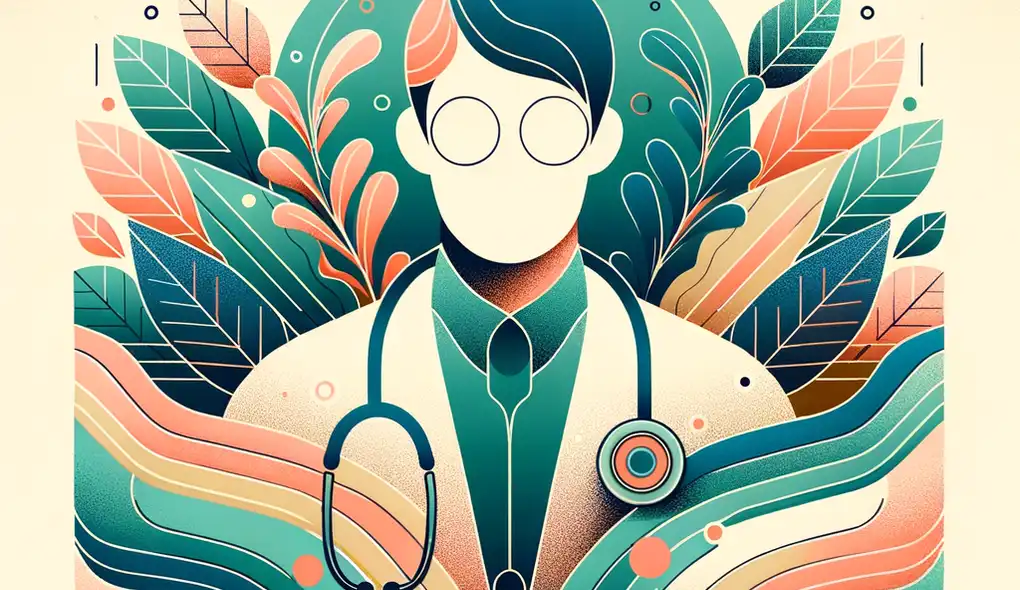Tell us about a research project you have worked on and your contributions to it.
Tropical Medicine Specialist Interview Questions
Sample answer to the question
In my previous role, I had the opportunity to work on a research project focused on the prevalence and treatment options for malaria in a tropical region. My main contribution to the project was collecting and analyzing data from patients who had been diagnosed with malaria. I collaborated with a team of researchers to design the data collection tools and conducted interviews with patients to gather information about their symptoms, previous treatments, and response to different medications. I also assisted in organizing the data and performing statistical analysis to identify patterns and trends. The findings of our research were presented at a national conference and published in a medical journal.
A more solid answer
During my time as a medical resident, I had the opportunity to participate in a research project centered on the impact of dengue fever in a tropical region. As part of the project, I conducted a comprehensive literature review on the epidemiology, clinical presentations, and treatment options for dengue fever. I then collaborated with a team of researchers to design a study protocol and obtain ethical approval. My role involved coordinating with local health agencies and recruiting participants from different healthcare facilities. I conducted interviews and physical examinations, collected blood samples, and documented all relevant data. I was responsible for organizing and analyzing the collected data using statistical software, and I presented the findings to the research team. Our research contributed to a better understanding of dengue fever in the region and led to the development of strategies for its prevention and management.
Why this is a more solid answer:
The solid answer provides more specific details about the candidate's experience in working on a research project related to tropical diseases. It mentions the candidate's solid understanding of dengue fever, their research and analytical skills demonstrated through conducting a literature review, study design, data collection, and data analysis. It also highlights the candidate's ability to work in multidisciplinary teams by mentioning collaboration with local health agencies and the research team. However, it could still improve by discussing cultural sensitivity and language skills, as well as providing more information on the candidate's problem-solving and organizational abilities.
An exceptional answer
I had the privilege of being part of a groundbreaking research project that focused on the development of a novel diagnostic tool for malaria in remote tropical areas. As a key member of the research team, my contributions spanned various aspects of the project. I conducted an extensive review of existing diagnostic methods and identified their limitations and gaps. This enabled us to develop a unique approach that used rapid diagnostic tests optimized for resource-limited settings. I worked closely with local healthcare providers and community leaders to gain their support and facilitate the implementation of the diagnostic tool in remote villages. Additionally, I designed a comprehensive training program to ensure proper usage and interpretation of the diagnostic results. The success of our project led to a significant improvement in early detection and treatment of malaria cases, ultimately reducing the disease burden in the region.
Why this is an exceptional answer:
The exceptional answer goes above and beyond by showcasing the candidate's involvement in a cutting-edge research project that addresses a critical issue in tropical medicine. It highlights the candidate's solid understanding of malaria and their ability to identify limitations in existing diagnostic methods. The answer also emphasizes the candidate's cultural sensitivity and language skills by mentioning collaboration with local healthcare providers and community leaders. Furthermore, it showcases the candidate's exceptional problem-solving skills through the design of a comprehensive training program. Overall, the answer demonstrates the candidate's significant contributions to advancing tropical medicine and making a positive impact on the community.
How to prepare for this question
- Research and refresh your knowledge on tropical diseases, including their prevalence, transmission, clinical presentations, treatment options, and prevention strategies.
- Reflect on your past research experiences and identify the projects that are the most relevant to the position. Familiarize yourself with the details and outcomes of those projects.
- Practice explaining your contributions to research projects in a clear, concise, and confident manner. Highlight specific tasks, responsibilities, and outcomes.
- Demonstrate your ability to work effectively in multidisciplinary teams by reflecting on past experiences collaborating with diverse professionals, such as researchers, healthcare providers, and community leaders.
- Consider how your research experiences have enhanced your problem-solving skills and organizational abilities. Identify specific instances where you faced challenges and how you overcame them.
- If you have experience working in tropical regions or with diverse cultures, emphasize your cultural sensitivity and language skills. Discuss how you have adapted to challenging environments and effectively communicated with diverse populations.
- Stay updated with the latest research and advancements in tropical medicine. Read relevant scientific articles, attend conferences, and engage in discussions with peers.
- Prepare examples that highlight your ability to present research findings effectively and articulate their significance. Practice delivering concise and engaging presentations.
What interviewers are evaluating
- Solid understanding of tropical diseases and their treatment.
- Research and analytical skills.
- Cultural sensitivity and language skills are advantageous.
- Ability to work in multidisciplinary teams.
- Strong problem-solving skills.
- Good organizational and data recording abilities.
Related Interview Questions
More questions for Tropical Medicine Specialist interviews